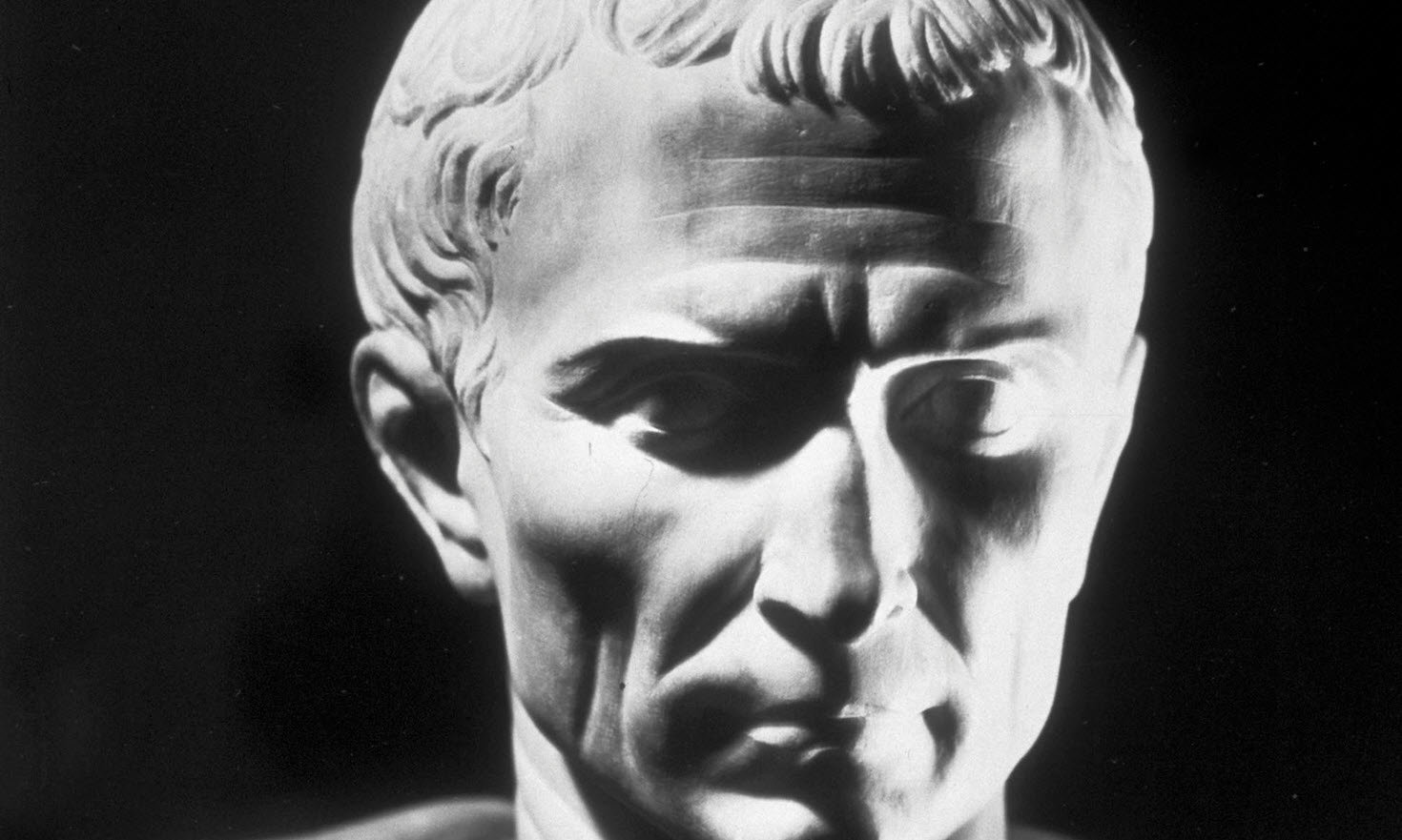
Arkæologer hævder, at de har påvist, at Julius Cæsar satte fod på det, som nu er Hollandsk jord, og ødelagde to germanniske stammer i en kamp, som efterlod omkring 150.000 døde.
Stammerne blev massakreret i kampen med den romerske kejser i 55 f.Kr på en slagmark, der nu er beliggende i Kessel i den sydlige provins Brabant.
Skeletter, spydhoveder, sværd og en hjemmel er blevet udgravet på dette sted igennem de sidste tre årtier. Men nu har kulstofdatering, såvel som andre historiske og geokemiske analyser vist, at genstandende kan dateres til det 1. århundrede, siger VU University i Amsterdam.
Kommentar: Delvist oversat af Sott.net fra Julius Caesar battlefield unearthed in southern Netherlands
"It is the first time the presence of Caesar and his troops on Dutch soil has been explicitly shown," said Nico Roymans, an archaeologist at the institution.
The two tribes, the Tencteri and the Usipetes, came from an area east of the Rhine and had asked Caesar for asylum. But the Roman emperor refused and ordered his eight legions and cavalry to destroy them, the university said.
Comment: The situation was a bit more complicated than that. If the texts as provided in this link are correct (below the page), then it is understandable that Caesar would attack them. He tried to come up with a solution for them:
[4.8.2] if they remained in Gaul there could be no question of friendship between us. It was unreasonable for people who were unable to protect their own territory to seize other people's, and besides there was no land available in Gaul that could be given to them without causing resentment, especially considering their great numbers.They asked for time (to complete arrangements, discuss the matter); but then they attacked Caesar's force unexpectedly.
[4.8.3] I told them they could, if they wished, settle in the country of the Ubians,note whose envoys were then in our camp, complaining about the wrongs done them by the Suebians and asking me for help; I would give instructions to the Ubians about this.
[4.13.1] After this battle it was clear that I was dealing with an enemy who with out provocation had launched a treacherous attack when they had asked for peace.After the forces won against them in another attack, those who were detained were given another chance: "But they were afraid of being killed or tortured by the Gauls whose lands they had ravaged, and they wanted to stay with me. I allowed them to retain their liberty"
Also note that these groups wanted to claim land by force and violence.
[4.4.7] The Germans killed them and seizing their boats, crossed the river before news of all this could reach the Menapians on the left bank. Once across, they seized all the buildings that the Menapii had there, and lived on their supplies of food for the rest of the winter.Perhaps they would have given some refuge if they would have been willing to cooperate. Nonetheless it is always sad when innocent people are killed in these battles, especially women and children. Caesar did what was best and offered a solution that was rejected - again assuming the texts provided are correct.
Caesar wrote about the battle in his account of the Gallic wars, Commentarii de Bello Gallico, but the exact location had until now remained a mystery. He said he wiped out the tribes, which would have meant more than 400,000 dead, but the university said the toll was likely to be 150,000 to 200,000.
Source: Agence France-Presse



Læserkommentarer
dig vores Nyhedsbrev